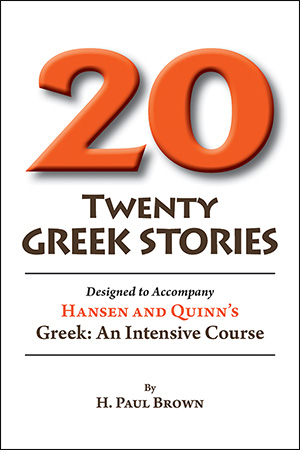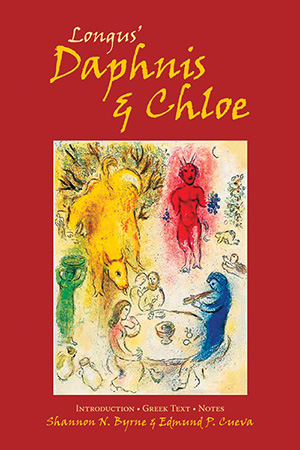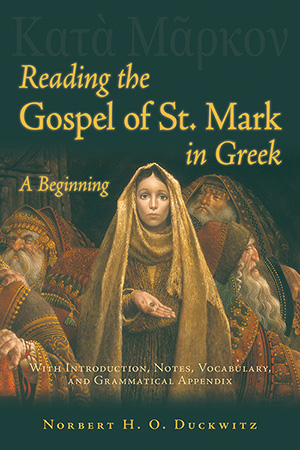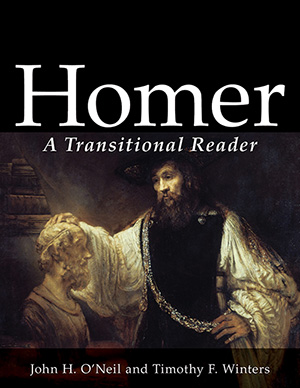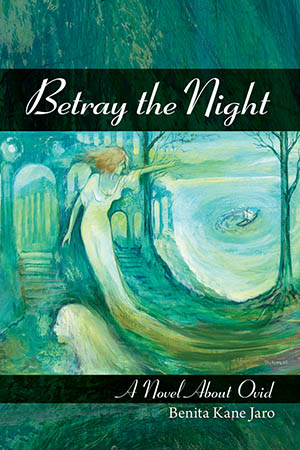Niketas Eugenianos's Drosilla and Charikles is one of four existing Byzantine (12th-century) Greek novels. These novels represent the rebirth of the ancient novel after a hiatus of eight centuries in the deeply Christian world of Constantinople. Written under the Komnenian dynasty and during the time of the crusades these novels revived the pagan Greek world with its pagan gods and beliefs, and also reflected the customs and beliefs of their own time.
Drosilla and Charikles is notable for the prevalence of love songs, letters, lyrical passages, and pastoral motifs, as well as its sensitive representation of the enduring love of a young man and woman. Familiar characters from the ancient novels include stern parents, pirates who capture and separate the lovers, and a best friend with his own tragic love story. Other motifs include a helpful old woman, an inn-keeper's son inept at wooing, and a traveling merchant who offers salvation. Christian themes and imagery also come into play, particularly in the context of the discourse of love.
Special Features
This is the first translation to appear in English of any of the four existing 12th-century Byzantine Greek novels. This bilingual edition includes:
- Introduction
- Aids to reading comprehension:
- Alphabetical list of characters
- List of characters by relationship
- List of gods and legendary figures
- Select places and people
- Alphabetical list of characters
- Greek text with facing English translation
- Explanatory notes on the English translation
- Bibliography



